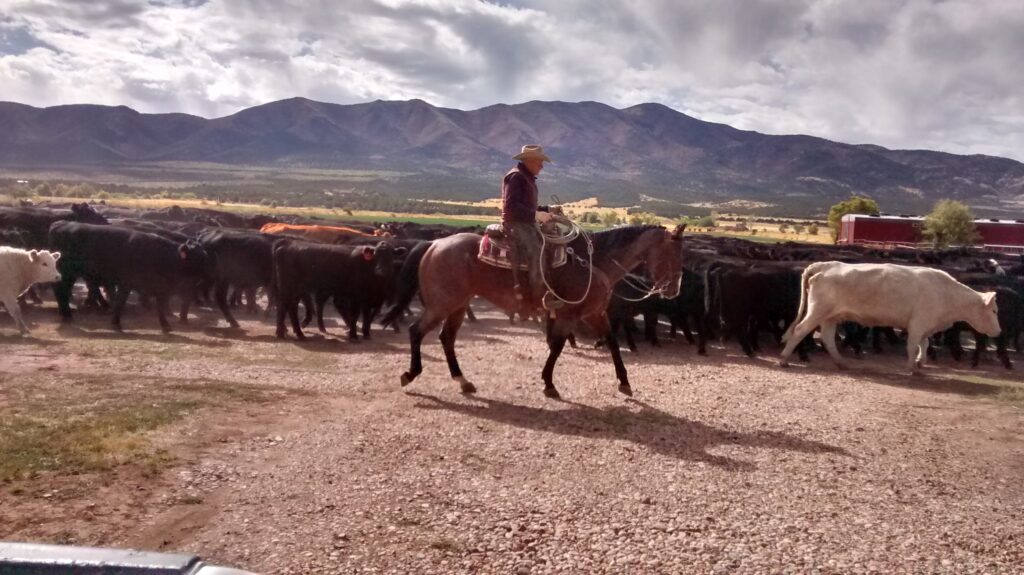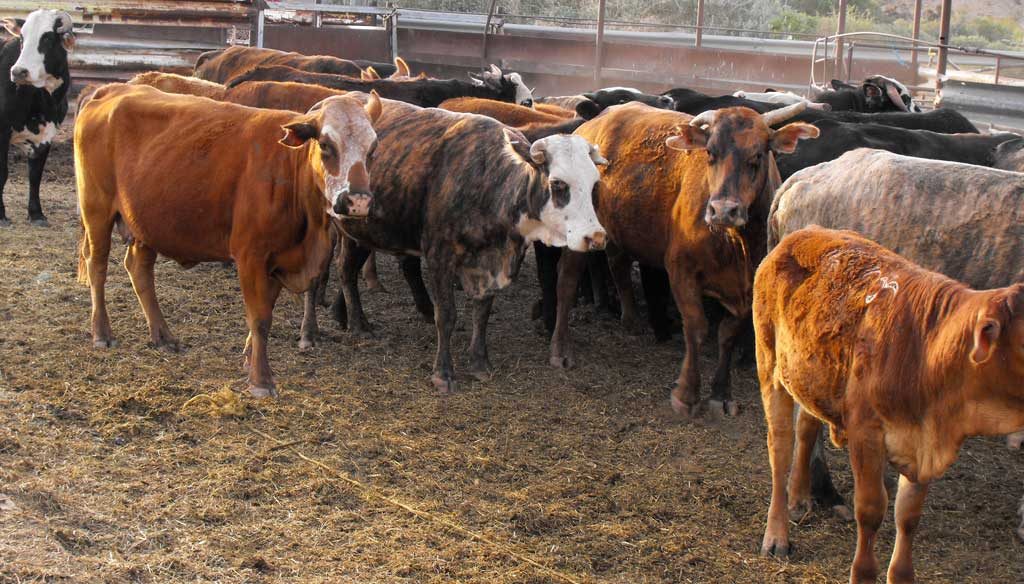
Gareth Butterfield
Why vegans should be careful what they wish for
We started this year finding ourselves in “Veganuary”, which encouraged us all to go meat-free for a month.
That was answered by the pro-farming “Februdairy” and, I’ve just heard we’re now supposed to be in “Meat-free March”.
What’s next? “Aubergine-only April?”
I’m sick of us all being told we’re terrible people if we don’t follow a plant-based diet.
And that’s because, if vegan activists got their way and we all stopped eating meat, it would lead to the death of millions of animals. Honestly, it’s true.
Imagine it; what if next week the campaigners won and a law was passed banning the consumption of animal-based products?
What do these activists think will happen to all the livestock in the UK? Would we just release them into the wild and let them live a long, happy life?
Of course not. They’ll all be burned on a network of massive pyres because there’s no longer any means of paying for their management and the only economically viable way to clear the stocks is to slaughter them all.
And what about the fields and pastures these poor animals once roamed in? Extreme vegans will argue they can be used for vegetable production, because we’ll certainly need a lot of land for it. But that’s also totally misguided, unfortunately.
Sure, some of our farm land could be used for vegetable production, but most of it is turned over for livestock because it’s infertile.
Try telling a Welsh hill farmer his livelihood has been taken away and we now want him to grow broad beans on the mountains his sheep used to be happily hefted to.
And if we had to scale up fruit and vegetable production in the remaining fertile fields it would lead to the removal of miles and miles of hedges and dry-stone walls.
These are all vital habitats for wildlife, which would perish in vast numbers. Species, by species, they’d all start going extinct.
The fields that remain, those which can’t sustain food production, would soon turn into barren, lifeless expanses where only a handful of dominating, inedible species of plants can proliferate because guess who manages them at the moment… farmers.
Having said that, a lot of infertile land might quickly be swallowed up for the building of vast, towering factories, which are now capable of growing fruit and vegetables indoors on incredibly large scales.
The reality is, this is probably the only way we’d feed ourselves as a vegan-only country.
And if the fields that once made up our glorious, picturesque rolling hills escaped this new demand for food-production land, they would become a practically useless and potentially expensive commodity, only of any value to property developers.
It’d be a dream come true for all the politicians worried about a housing shortage, and new towns and villages could start springing up everywhere.
There’ll also be more room for power stations to pump electricity into our burgeoning electric-vehicle charging network. Fancy that.
Also, think about where the water is going to come from for the complex irrigation demands of our new super-sized vegetable industry. And don’t get me started on Co2 output.
The eventual outcome of this rural destruction would be further loss of important habitats and more and more animals, from tiny invertebrates all the way up to birds and mammals, would dwindle quicker than you can make a Quinoa salad.
Before you all arrive at my house with placards and dig up my dead relatives, I can assure you I love nature, I despise animal cruelty and I admire any person, vegan or carnivore, who exposes poor welfare in farming.
It does go on, but it’s important to point out it’s very rare. The overwhelming majority of farmers are animal-lovers too and they will go out of their way to ensure their animals live a happy and comfortable life.
But the fact remains that we are the apex predator in our food chain, and our society has evolved to the extent that, if we don’t eat animals, they will have no value. And if they have no value they won’t be looked after.
Princess Anne once publicly declared, at the height of the horse-meat scandal, that we should all start eating horses to improve welfare standards, which were slipping because animals were becoming worthless and being abandoned or mistreated. And, she feels, it’s only if they become valuable that their welfare will be properly policed.



